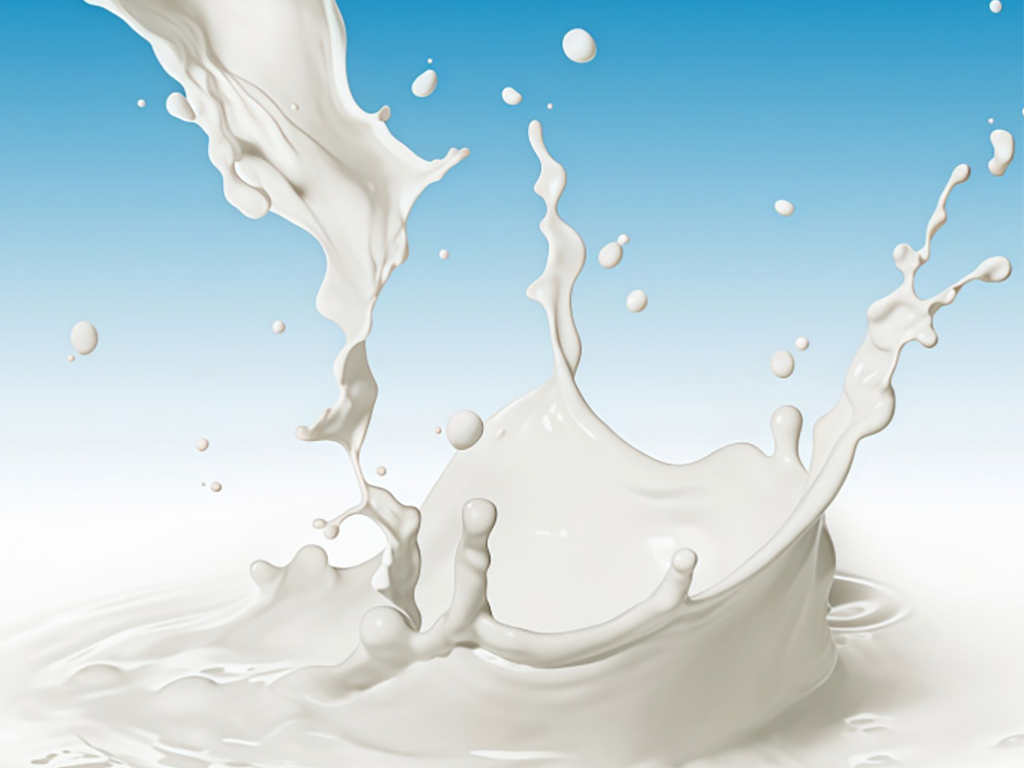O acrilato de octila nos polímeros atua como um monômero fundamental, conferindo flexibilidade, baixa temperatura de transição vítrea (Tg) e adesão aos polímeros acrílicos, copolímeros e emulsões, melhorando seu desempenho em adesivos, revestimentos e elastômeros. Ao ser copolimerizado com monômeros rígidos, como o metacrilato de metila, equilibra dureza e flexibilidade, criando polímeros adequados para revestimentos que exigem durabilidade e elasticidade. Em polímeros adesivos sensíveis à pressão, reduz a Tg, aumentando a tack e a resistência ao destacamento, garantindo uma boa adesão a diversas superfícies. Os polímeros à base de acrilato de octila possuem excelente resistência climática e estabilidade UV, sendo ideais para aplicações externas (selantes, membranas para telhados). Também apresentam boa resistência química a óleos, água e solventes leves, sendo utilizados em juntas industriais e filmes para embalagens. Os polímeros em emulsão contendo acrilato de octila formam dispersões estáveis, usadas em adesivos e revestimentos à base d'água, com o tamanho das partículas controlado durante a polimerização para otimizar a formação do filme. A longa cadeia alquila do monômero melhora a compatibilidade com substratos hidrofóbicos, aumentando a adesão a plásticos e metais. Ajustando o teor de acrilato de octila (10-70% da mistura de monômeros), as propriedades do polímero são adaptadas — teor mais alto proporciona flexibilidade em adesivos, enquanto teor mais baixo confere rigidez a polímeros estruturais — tornando-o indispensável na formulação de polímeros.
